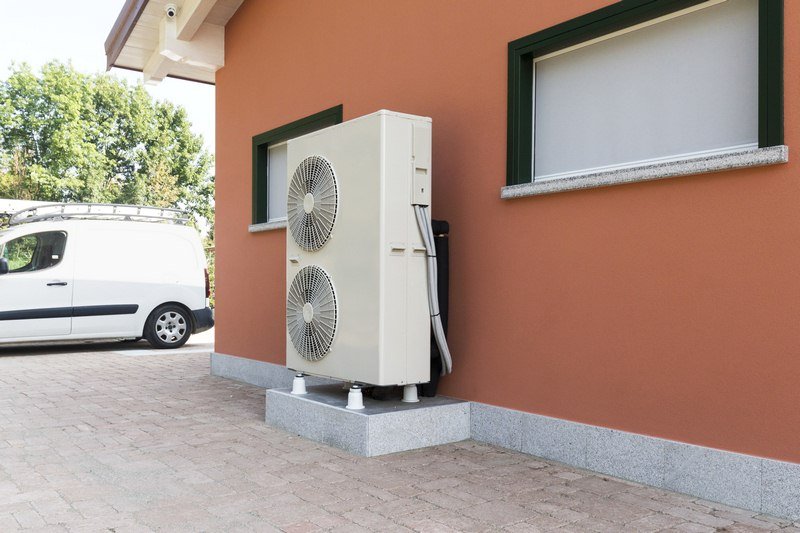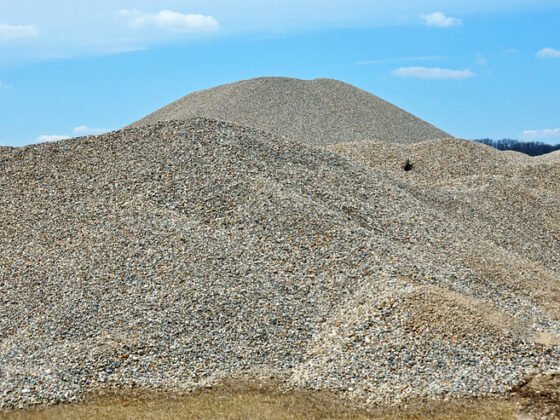Table of Contents Show
If you’re looking for options for heating your home, either a heat pump or furnace will pull it off. However, they both have their pros and cons and accomplish heating in different ways.
“Heat pump vs furnace: which one is the best?” This is a common question asked by homeowners who are looking for heating solutions. Although, the better question should be “which one is best for you?”

There are different factors to consider before choosing one or the other. These include location, cost, energy efficiency, and dependability.
What is the best option for others may not be suitable for you. For example, if you don’t have gas lines going to your house, a gas furnace can’t be installed. Since that’s off the table, the heat pump is probably your best alternative.
Let’s look at the advantages and disadvantages of both so you can make an informed decision.
Read Also:
- Furnace and Heating Maintenance Tips to Keep Cozy All Winter Long
- Winter Is Coming: Here’s 5 Heat Pump Maintenance Tips
- A Heat Pump to Warm Your House in a Healthy Way
- What Would Life Be Like Without Central Heating?
- What You Need to Know Before Buying a Furnace
- Should You Repair or Replace Your Furnace?
- 3 Types of Furnaces That You Must Know!
How a Heat Pump and Furnace Work
To better understand their strengths and weaknesses, it’s important to have an idea about how they work. How do these appliances deliver heat to your homes? Here is the rundown.
Heat Pump
To put it simply, a heat pump is a “reverse” air conditioner. If the AC functions by transferring heat from inside to outside, the heat pump does the opposite. It has a reversing valve to transfer heat from the outside to the inside of your home.
Technically, any heat pump can also be run in reverse. This means that it can serve as an air conditioner during the summertime. You just have to set it to the “cooling” mode.
A heat pump, like the AC, uses pure electricity to perform its heating function. This is one of the key factors that differentiates it from a furnace.
Furnace
The furnace is probably the heating apparatus that you’re more familiar with, especially if you have an older heating system in your home. It uses fuel to heat the air which is then sent through the ducts and vents by blower fans. When the air cools, it goes back to the furnace to be reheated and recirculated.
Fuel consumption to generate heat is its defining characteristic. The earlier systems use wood and coal but newer models mostly utilize gas. In rural areas without gas lines, propane and electricity as “fuel” are the alternatives.
Gas and propane furnaces have a pilot light to ignite the fuel. In the case of electric furnaces, conductive coils produce heat as electricity runs through them.
Heat Pump vs Furnace: Pros and Cons
There are different factors to take into account when comparing a heat pump and a furnace. Let’s see the merits and drawbacks of each system given the following considerations.
Location
Your location and local climate will play a huge part in your decision. As a general rule, heat pumps are the best fit for those who live in temperate climates with moderate winters. For people who experience extremely cold weather, a furnace will serve them better.
The disparity is due to how these systems generate heat. Furnaces create heat while heat pumps transfer heat. A furnace can handle the bitter cold because it doesn’t depend on the outside temperature to produce heat.
The heat pump’s efficiency suffers if there’s a large temperature differential between the inside and outside of your home. However, if you live in a place with milder winters and hot summers, the heat pump is perfect because it can also function as an AC.
Energy Efficiency
You can’t judge appliances fairly without looking at their energy efficiency. Most homeowners make their decision based on how much they’re going to pay each month for utilities.
The best heat pump and the best furnace are determined by how efficient they are. You can compare energy efficiency values by looking at the AFUE. AFUE stands for Annual Fuel Utilization Efficiency.
The AFUE of furnaces varies from 55% to over 95% depending on the type of fuel and furnace. A value of 55% means that only 55% of the fuel becomes useful heat while the other 45% is lost. The average AFUE of gas furnaces is about 80%.
While you can achieve higher AFUE if you use a propane or an all-electric furnace, these tend to be more costly than gas. On the other hand, heat pumps can have over 100% year-round efficiency. Heat pumps waste less energy because it’s easier to transfer heat than to create heat.
One shortcoming of heat pumps is revealed during an unexpected cold snap. If you have to use an auxiliary heating system because the heat provided by the pump isn’t enough, then expect your bills to skyrocket. In areas with freezing weather, the furnace is still the more cost-effective option.
Comfort and Air Quality
If you want the kind of warmth that you get from a fireplace, you might prefer a furnace. The quality of heat from a furnace feels hotter and more toasty relative to a heat pump.
The downside of the higher temperature coming from a furnace is that it can dry out the air. Combined with the low humidity levels in winter months, you might suffer from dry skin. However, the heat pump is designed to recycle indoor air which helps to maintain a constant humidity level.
Furnaces burn fuel and as a result, they also produce carbon monoxide and other harmful gases. If you want to leave a greener footprint, this could be an issue. On the flip side, heat pumps do not use combustion and there’s no danger of CO inhalation.
Installation and Maintenance Costs
A gas-operated furnace is generally cheaper to install compared to a heat pump. It’s also cheaper to maintain and repair because it has fewer and simpler parts.
However, if you also need cooling, the heat pump is essentially a two-for-one heating and cooling solution.
The Bottom Line
It’s difficult to settle the heat pump vs furnace debate, but we hope that you can tackle it armed with the knowledge of the pros and cons of each.
If we have to pick the most important factor in your decision, our answer is location. The location determines what kind of climate you have and if you have gas lines available in your area. If you have mild winters, consider a heat pump but if you have cold, unforgiving winters, choose a furnace.
For more home improvement articles, feel free to browse our site.









